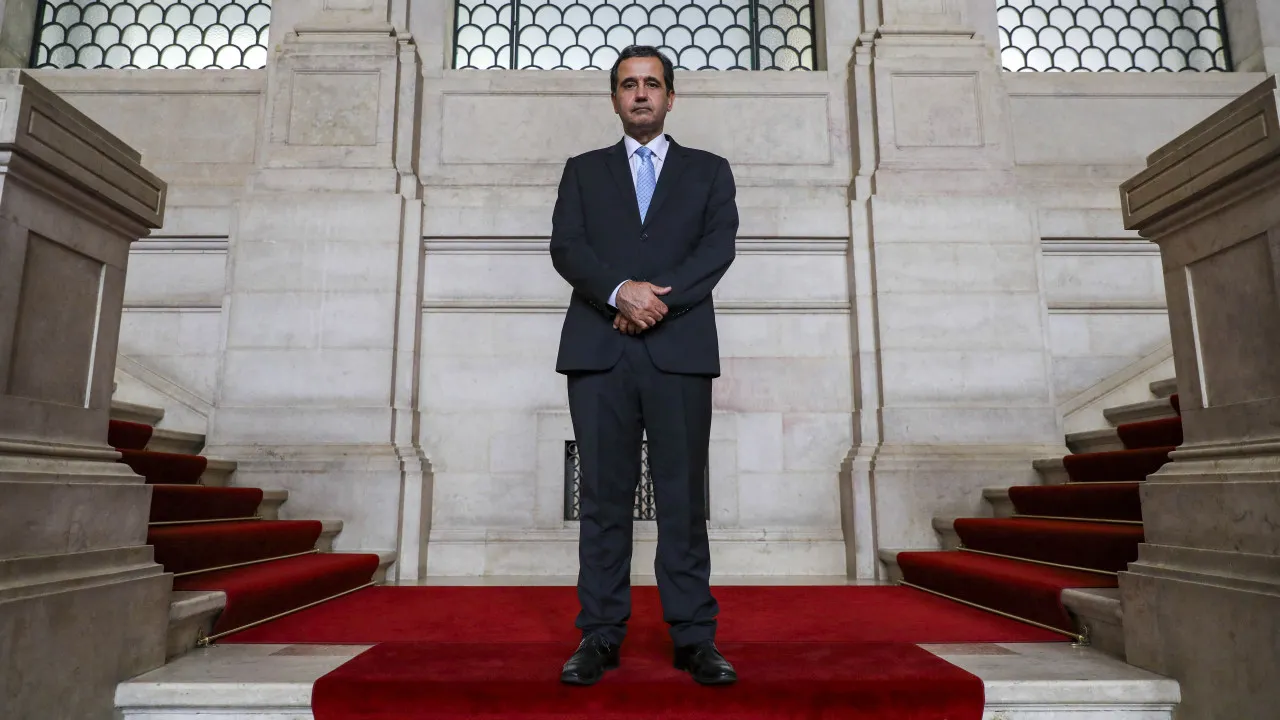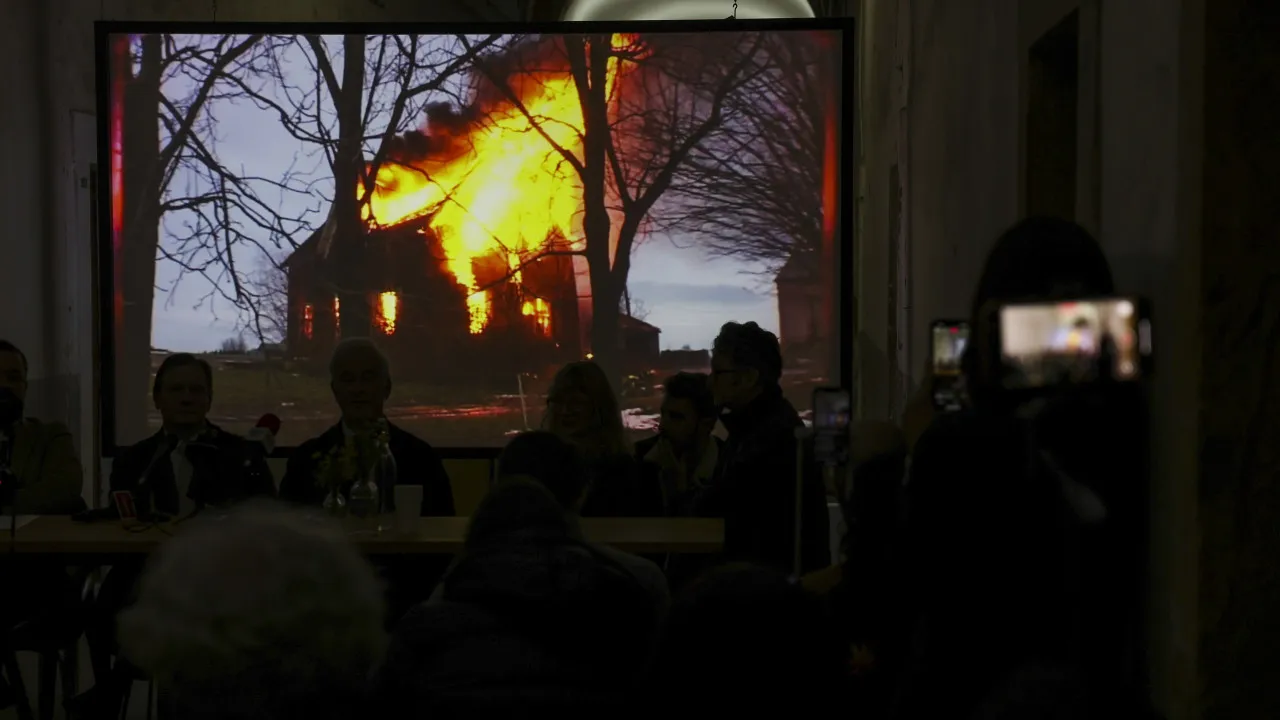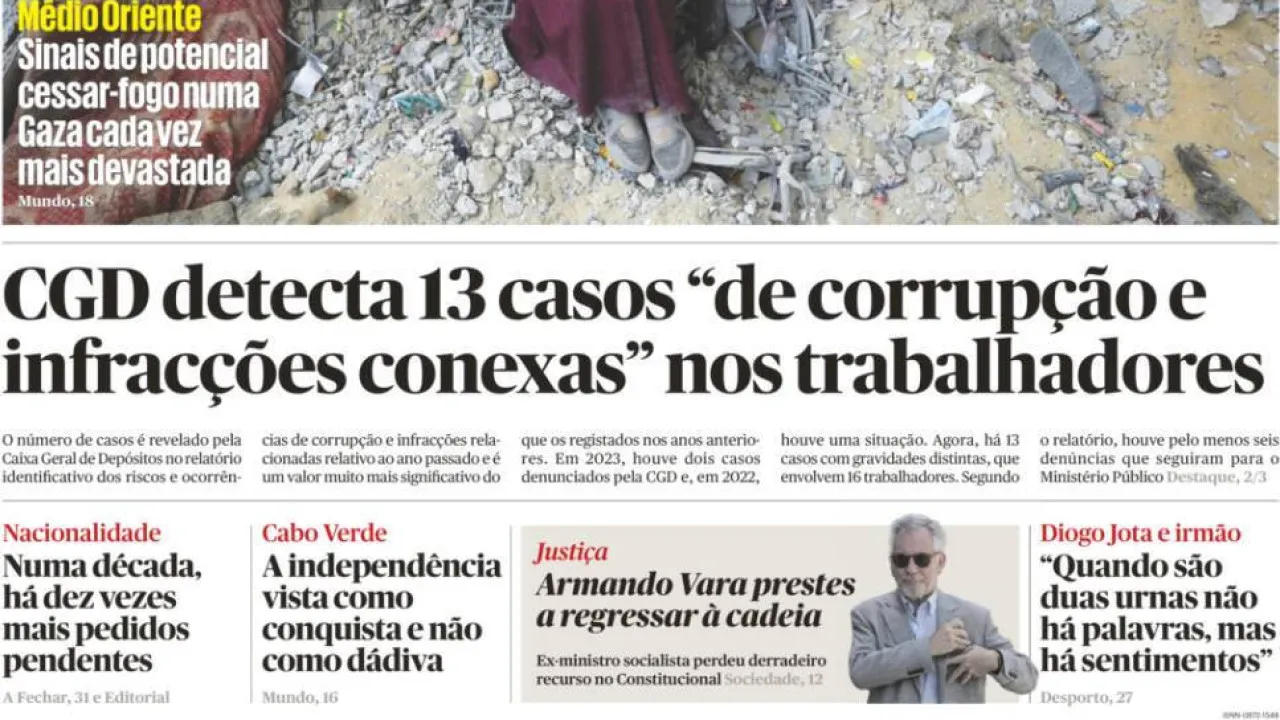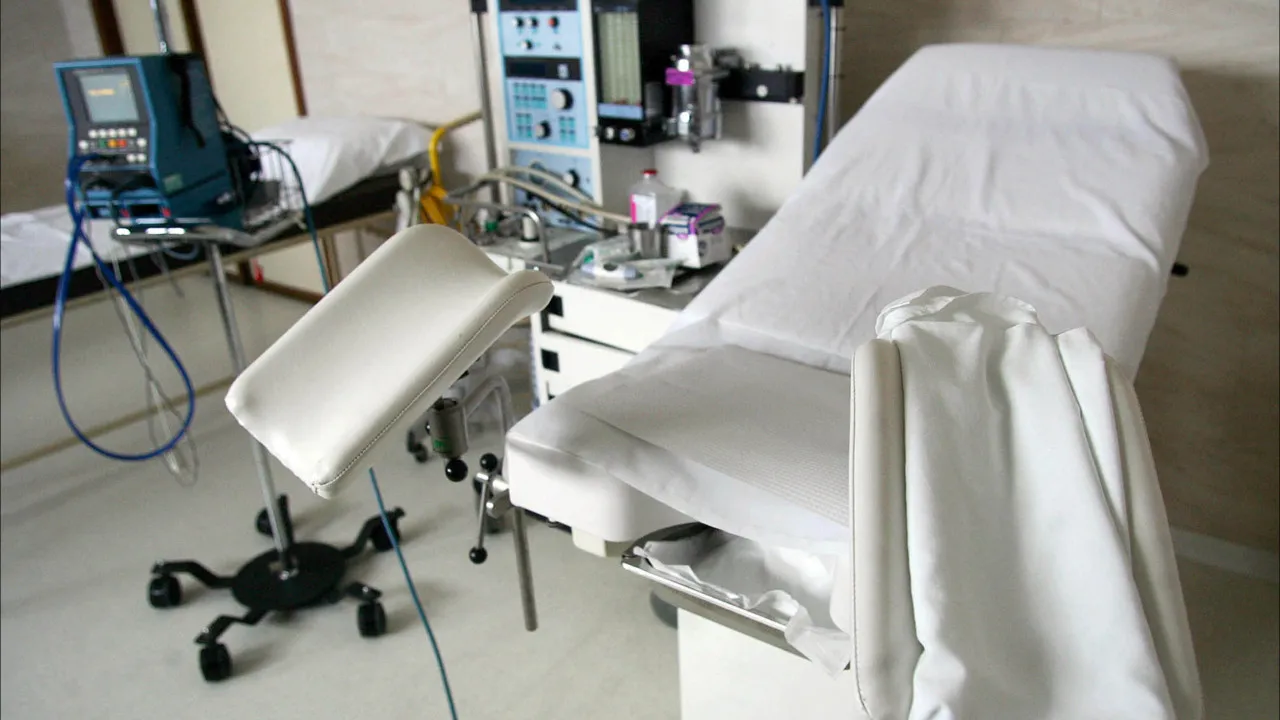
The President of the Council of Portuguese Communities, Flávio Martins, stated that the civic participation of communities needs to be revised so that the electoral process remains secure yet diversified. This diversification could involve various voting modalities, including improvements to postal voting, in-person voting, and advancing to pilot testing of electronic voting.
On March 24, the Regional Council of Portuguese Communities in Europe suggested that electronic distance voting could be feasible for the next presidential elections in 2026, advocating for the formation of a working group in the Assembly of the Republic to develop this tool.
When questioned about this possibility, especially since the Permanent Council will meet separately with Portuguese presidential candidates António José Seguro, Henrique Gouveia e Melo, and Luís Marques Mendes, he expressed doubt that this could become a reality.
“I believe for the January 2026 election, the only method will remain in-person voting. I think there is no interest from the Assembly of the Republic nor time to make changes to the electoral law,” lamented the Portuguese communities’ advisor elected from Brazil.
Among the primary concerns is also the need for improvement in the consular network, which has been subject to numerous complaints, he indicated.
“The second focus is on the associational movement within communities, as it is considered a connecting point,” he continued.
According to the representative of Portuguese communities, this issue encompasses not just social or cultural associations but also business and industrial, particularly related to Portuguese chambers of commerce abroad.
For the advisor, people involved in these business areas “also serve as connection points between foreign companies and Portuguese companies, enabling these companies abroad to send or offer their products or services to Portugal and vice versa.”
The third topic to be discussed will be Portuguese language education abroad, which requires careful attention and interest to foster cultural ties and an emotional connection with Portugal, especially for those of Portuguese descent.
Flávio Martins reminded that a tuition exemption for Portuguese language education abroad was approved for this year’s budget.
“We aim to increase the number of students learning Portuguese abroad, which is currently much lower than a few years ago,” he declared, noting that this education has been more focused on Portuguese as a Foreign Language.
“We believe, unlike recent governments, that a preference for Portuguese as a foreign language abroad is evident, but we also find it necessary to promote Portuguese as a mother tongue, so that Portuguese descendants can not only learn Portuguese but also establish a cultural, historical, and emotional link with Portugal,” he stated.
The annual activities report of the council will also be presented and delivered to various authorities, he emphasized.
The representative highlighted plans to meet with other diaspora councils from Madeira and the Azores to establish a “cooperation protocol.”
The Permanent Council will hold meetings from Monday to Wednesday in the Sala dos Monges of the Assembly of the Republic.




